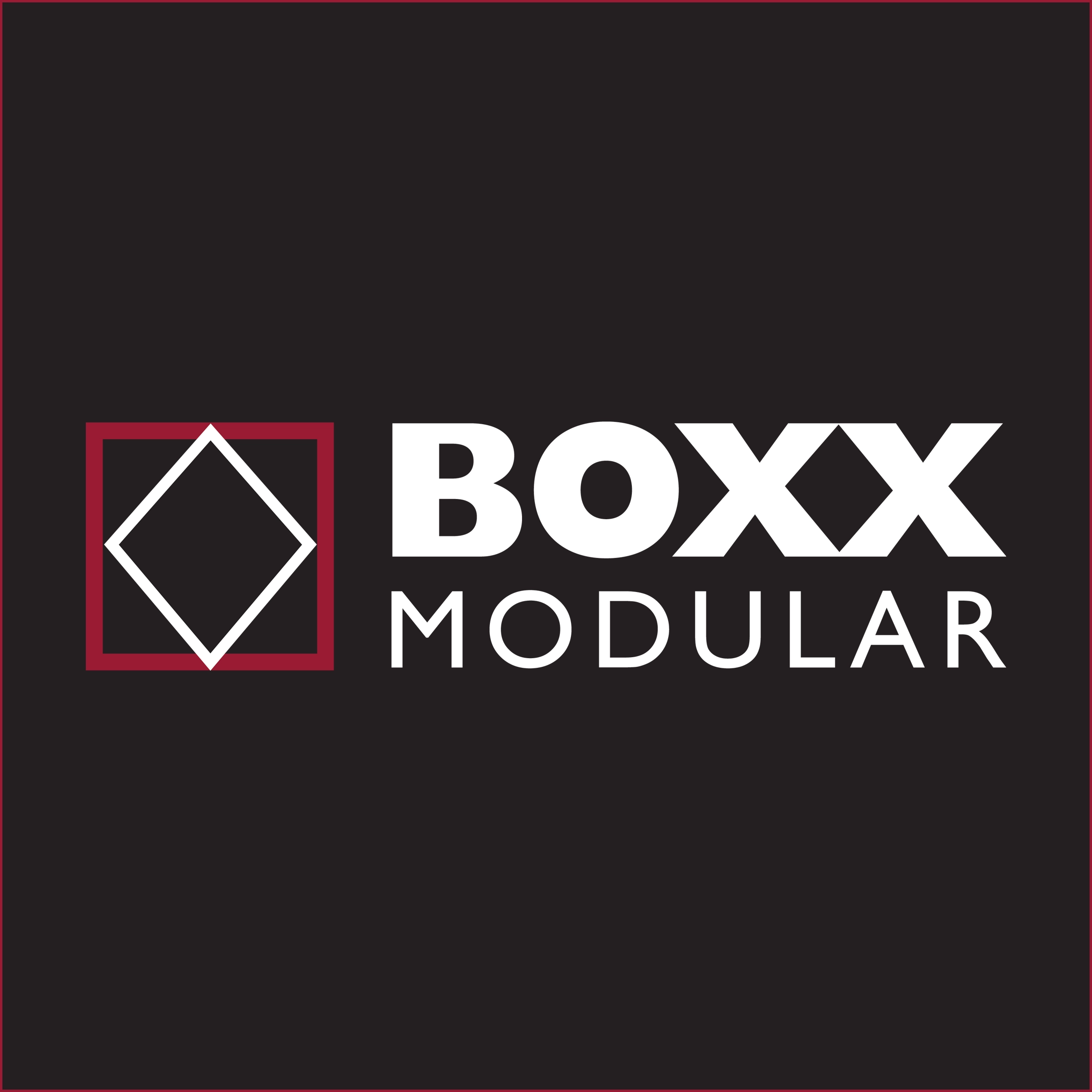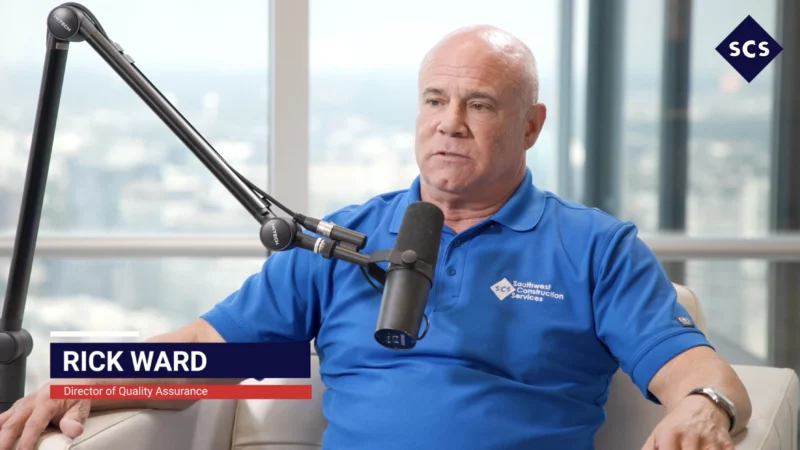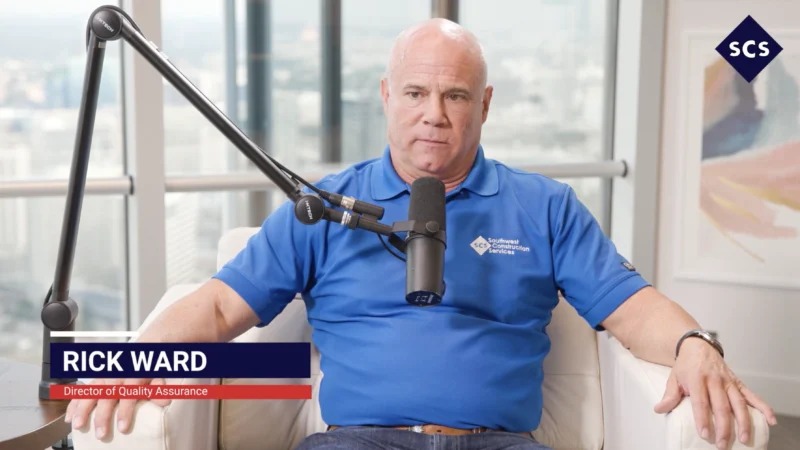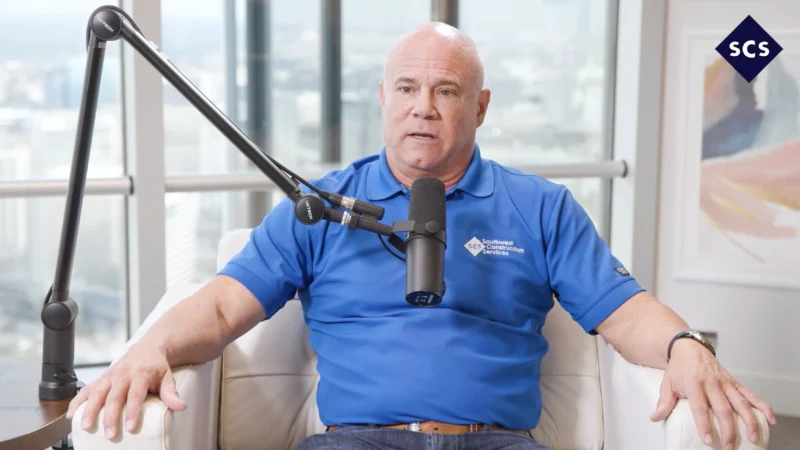What the History of Modular Construction Can Tell Us About the Future
The idea of using modular materials for quick construction dates back centuries. On this episode of Built Modular, host Daniel Litwin welcomes Carl Bennett, General Manager of Contract Services for Vanguard Modular for an in-depth discussion of the history of modular construction and how it’s evolved in the modern era.
Carl Bennet has been in the business for 50 years and is one of the original members of the Modular Building Institute, a legacy organization of dealers, manufacturers, installers, and other industry professionals.
Commercial modular, prefabricated, or relocatable construction has historical examples from ancient Rome to covered wagons and premade houses for British colonies. The modern era of modular construction took off in the early 20th Century and was largely driven by residential housing. In the WWII era companies used relocatable construction to house workers, putting towns up almost overnight.
From these origins, modular construction has boomed over the last fifty years, expanding from residential units into commercial buildings like offices, laboratories, and schools. These market forces brought enhancements and innovations to the typical modular building offerings. Engineers and architects began to see the opportunities and pushed the industry forward. “Just about anything you could envision construction-wise was now transitioning from site-built conventional to modular,” Bennet said.
Bennet’s deep and detailed knowledge of the industry history gives him valuable insights into where the business is heading in the future. From the impact of Covid on quick construction for health care facilities to meeting the needs of the housing industry, modular construction will continue on a path of growth into new market sectors. “Modular has come such a long way in its construction, in its acceptance, and in its use,” Bennet said.
Follow us on social media for the latest updates in B2B!
Twitter – @MarketScale
Facebook – facebook.com/marketscale
LinkedIn – linkedin.com/company/marketscale




